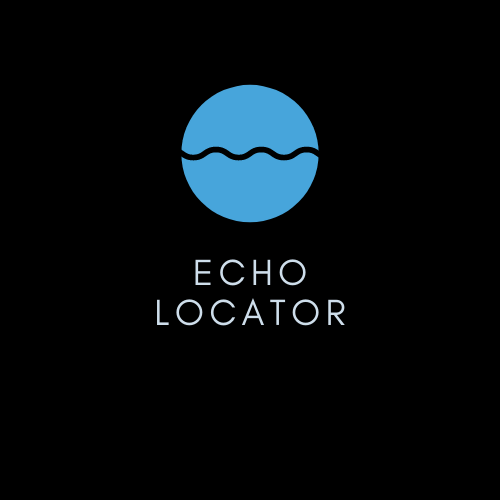Exploration Jumpstart: Radio Garden
A cool site for discovery plus notes and comment on Spotify and LRADs....
If I ever get a job teaching geography, this will be my entire syllabus. Radio Garden.
Spin the globe. Click a dot. Enjoy a few seconds of old-time signal-searching static. Then hear local radio. From just about anywhere in the world.
Created by a non-profit Dutch lab called the Netherlands Institute for Sound and Vision, Radio Garden has been around for a few years. But it keeps getting rediscovered, and in lockdown times it’s easy to understand why: It uses radio as a bridge between cultures. It flattens distance by offering live encounters with local radio programming – not just prepackaged Internet radio or (equally prefab Apple Music “stations”). And it sounds really really good.
The app’s simple interface encourages almost a game-show mindset: Go ahead and spin, pick from one of 8,000 stations, and dive in. See what’s happening today in that Eastern Europe city with the name you can’t pronounce, broadcasting in a language you probably don’t understand. But for as long as you like, you can listen to what’s captivating the locals – and imagine their lives, and wonder what the ads are hawking, and make probability assessments about when that irresistible Silk Sonic track will reach these airwaves. It’s mind-expanding, ear-expanding fun.
As a vehicle for serendipitous music exploration, Radio Garden is without parallel. But it’s got one flaw: It can be difficult to identify (and then track down) specific recordings aired on the individual stations. Conceivably that problem could be addressed via metadata search. That would enable users to follow the first breadcrumb – the track they heard via Radio Garden – to the artist and the specific source recording. Which would lead to more discovery. And possibly a few pennies in the pockets of artists.
Of course the outfits that have the databases to provide us with such information – Spotify and the streaming services, YouTube, Amazon, etc. – have terrible track records where music is concerned. I’m not optimistic they’d be willing to link with Radio Garden unless they could put up tollbooths. And that would take the joy right out of this wonderful project.
**
Speaking of Spotify, on March 15 public demonstrations are planned in cities where the streaming giant has offices to urge an adjustment to its royalty rate. It’s long past time for this; to participate or to support the effort, visit the website of the organizers.
The financial demand is the most immediate, but it is far from the only one music lovers should agitate about. At the top of my list is credits: It’s not just criminal but arrogant that Spotify does not offer its users a complete listing of who did what on every recording. Despite the paradigm shift of streaming, musicians and those in the recording industry still survive on reputation and positive word of mouth. Millions of times each day, Spotify tells those creators that their efforts don’t matter. While telling user that hey, it’s perfectly OK that musicians are anonymous.
I have whole sermons on this topic. I’ll save them for another day. Instead, here’s a single thought: If Spotify cared about the long-term health of the artform known as music and the community of artists who create it, it would provide its users with the names of everyone who was involved in making the magic.
**
Speaking of evil, it’s past time that people of music wake up to the ear-abusing powers of the LRAD or Long Range Acoustic Device. That’s a fancy name for a sound cannon, first developed for military use in long distance communication at sea and during natural disasters or rescue operations. In recent years, though, it’s been used by police departments in the U.S. – including the NYPD – as a crowd control device during protests. That’s because LRADs are not only effective as megaphones, they can also blast what’s called a “deterrent tone” at high decibels – and this tone can have debilitating physical effects. It can also cause long term hearing loss.
LRADs are the subject of an excellent new episode of the Twenty Thousand Hertz podcast, which has become a must-listen for its explorations and explanations of all sorts of curious acoustic phenomena. Host Dallas Taylor talks with activists who’ve been on the receiving end of LRAD blasts, and tech journalists who’ve covered lawsuits concerning their use. It seems almost inconceivable given the nature of the potential damage, but some of these law enforcement operations argue that these devices cannot be considered “excessive force” or force at all because they use sound.
Translation: It’s not force if nobody is touched. That traumatic and by the way often irreversible hearing loss? It’s not our problem. Just collateral damage.
Yes, we have a fancy digital suggestion box. Share your favorite Underloved/Overlooked records here: echolocatormusic@gmail.com.
Please consider subscribing (it’s free!). And…..please spread the word! (This only works via word of mouth!)








I love the Radio Garden, it's been too long... got to get back to the garden! Really great to zoom in and and find the very smallest stations